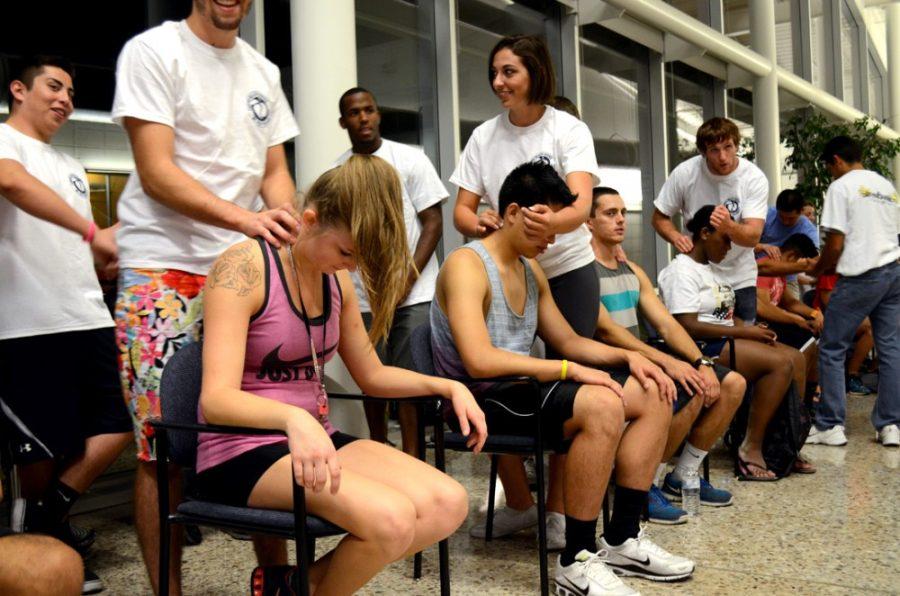A 2011 grant used to create a suicide preventative program recently ran out after three years, but the program is still running.
The grant, issued from the Substance Abuse and Mental Health Services Administration, allowed the UA to create Project Lifeline, a suicide prevention operation.
“The goals of the project are to decrease stigma around mental health issues, specifically suicide, and to increase help-seeking behaviors among students,” said Melanie Fleck, outreach specialist for health prevention and preventive services at Campus Health Service. “So, encouraging to them to go and seek help and talk to friends or talk to a professional if they need it.”
Fleck said the program staff is currently trying to set up a website for Project Lifeline.
“We named it preventsuicide.arizona.edu, because we thought that really captured how we wanted to promote it on the campus,” Fleck said. “We really wanted to market it as a suicide prevention resource.”
Fleck said that the website includes statistics about student mental health and things that individuals can do to help raise awareness about it.
Greg Daniels, co-director of LGBTQ Affairs at the UA, said Project Lifeline is important to the UA campus community.
“With suicide being the second leading cause of death among college students, it’s imperative that suicide prevention programming exist on campus,” Daniels said, “and we are very lucky to have Project Lifeline to do that for us.”
Project Lifeline incorporates many aspects, such as Hope Notes, in which positive notes are left across campus to brighten someone’s day.
“At the beginning of the project, a needs assessment was conducted of our campus, and it was determined that populations disproportionately impacted by suicide are veterans, Native Americans and LGBTQ students,” Daniels said. “Some of the initiatives within Project Lifeline have been posters, videos and other social media campaigns, an increase in suicide prevention training — called QPR: Question, Persuade, Refer — which we have been specially tailored to dozens of academic departments.”
Maggie Melo, a graduate student in the rhetoric, composition and the teaching of English program, ran across a hope note this May during finals.
“The notes are awesome,” Melo said. “I came across them during finals week, and it helped me take a step back and just take a breath. I thought they were lovely and definitely saw the positive impact it had on other students in the library.”
Fleck said that they are also adding classroom resources to the program, in addition to Hope Notes.
“We created discipline-specific modules around suicide prevention,” Fleck said.
According to Fleck, the main purpose behind this is to get students who aren’t majoring in psychology or related fields to understand how suicide prevention connects to their major.
Fleck said despite the grant reaching its end, the program’s staff will continue to working on Project Lifeline.
“It’s not necessarily about funding,” Fleck said. “All the staff who have been working on it are going to continue working on it. We just really need the person power.”
— Follow Ariella Noth @DailyWildcat









